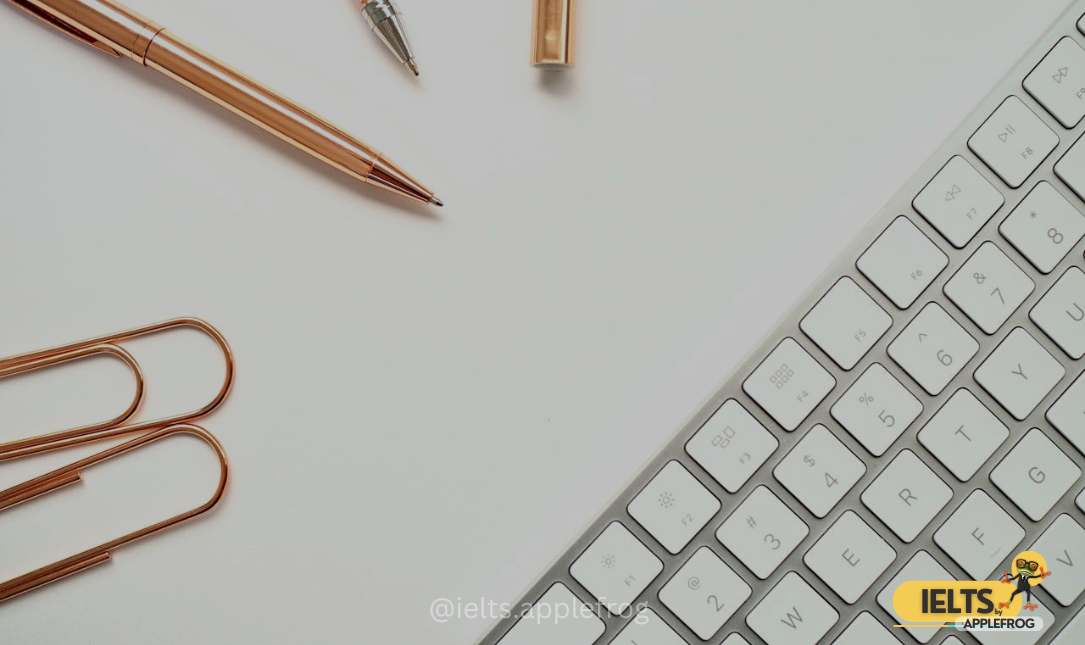
The IELTS General Writing Task 1 involves crafting a letter based on a given scenario. Depending on the context, the tone and style of the letter can be informal, semi-formal, or formal. This guide will focus on writing an informal letter, providing essential tips, examples, and a downloadable sample for practice.
IELTS Informal Letter?
Informal letters in the IELTS exam are typically written to friends or family in a casual, conversational tone. While there is no rigid format, maintaining coherence and cohesion is essential.
Here are the key elements of an informal letter:
- Opening Salutation: Start with greetings like “Dear” or “Hi.”
- Body: Include multiple paragraphs to cover the task’s requirements.
- Closing Statement & Salutation: Conclude the letter with a friendly sign-off.
Sample Informal Letter Questions
Sample 1
Write a letter to a friend in another country, discussing your holiday plans. In your letter:- Explain your travel plans.
- Describe the places you plan to visit.
- Ask for sightseeing suggestions.
Sample 2
Write to your landlord about a noisy neighbor. In your letter:- Describe the situation.
- Explain how it affects you.
- Suggest a solution.
Structuring an IELTS Informal Letter
Understanding the structure is vital for writing a compelling informal letter. Here’s a breakdown:
- Opening Salutation: Start with “Dear,” “Hi,” or “Hey,” followed by the recipient’s first name.
- Body Paragraph 1: Introduce the purpose of the letter, often paraphrasing the question.
- Body Paragraph 2: Provide details, addressing the task points comprehensively.
- Complimentary Closure: Optionally include a friendly statement like “Looking forward to hearing from you.”
- Closing Salutation: Use informal phrases like “Best wishes” or “Warm regards,” followed by your name.
IELTS Informal Letter Examples
Below are three examples of IELTS General Writing Task 1 informal letters, illustrating different scenarios you may encounter. These include sample responses designed to help you achieve a high band score, along with an example of a formal letter for comparison.
Example Informal Letter 1
Scenario: You have a friend who admires your car, and now that you plan to sell it, you believe your friend might be interested. Write to your friend, including the following:- Explain why you are selling your car
- Describe the car’s condition
- Invite your friend to view the car
Sample Response
Dear Zikhish,
I hope this letter finds you well! I’m thrilled to share that I’ve decided to upgrade to a new car. Before making the switch, I wanted to offer you the chance to buy my current car, knowing how much you’ve always liked it.
The main reason for selling is that my family has grown, and the car is no longer spacious enough for all of us. It’s in excellent condition and has only clocked 18,000 kilometers so far.
Why don’t you drop by and take a look at it yourself? If it suits you, we can finalize the deal right away. Looking forward to hearing from you soon!
Warm regards,
Pakhi
Example Informal Letter 2
Scenario: You’re planning a surprise birthday party for a classmate who has been feeling homesick. Write to another classmate and invite them, addressing the following points:- Reason for the party
- Date and time of the event
- Suggestions for what they could bring
Sample Response
Dear Keith,
I hope you’re doing well! I wanted to invite you to a surprise birthday party we’re organizing for Zirshol, our classmate from Ukraine. His birthday is on March 19, and we’re planning to gather from 8 PM to midnight to make him feel special.
He’s been feeling down and homesick lately, and this party is a way to cheer him up and remind him he’s surrounded by friends. It would be fantastic if you could bring your music system to liven up the celebration!
Looking forward to seeing you there.
Warm regards,
Imran
Example Informal Letter 3
Scenario: A friend has written to you seeking advice about a work-related issue. You’ve faced a similar situation before. Write back to your friend, covering these points:- Express your feelings about their problem
- Share how you managed a similar issue
- Suggest potential solutions
Sample Response
Dear Simone,
I was concerned to hear about the challenges you’re facing at work. It’s tough, but I want you to know that such situations are a common part of professional life, and you’re not alone in this.
In fact, I encountered a similar challenge when I was assigned additional responsibilities that stretched my capacity. I raised the issue with management, and they were understanding enough to redistribute the workload.
I recommend having a direct conversation with your manager or HR. Expressing your concerns can help them address the situation effectively.
Stay strong—this phase will pass!
Best wishes,
Lily
Tips for Writing an Effective IELTS Informal Letter
- Maintain a warm and friendly tone.
- Use personal pronouns like “I” and “you.”
- Incorporate contractions (e.g., “I’m,” “can’t”) to keep it natural.
- Structure your letter logically with clear paragraphs.
- Include colloquial expressions like “Looking forward to catching up!”
Common Mistakes to Avoid
- Skipping task requirements—address all bullet points in the question.
- Using overly formal language—keep it casual and relatable.
- Inconsistent tone—maintain a conversational style throughout.
- Neglecting grammar and spelling—proofread your letter carefully.
Mastering informal letters is about striking the right balance between casual and clear communication
Writing an informal letter for IELTS General Task 1 is an opportunity to showcase your ability to communicate effectively in casual contexts. Practice regularly and pay attention to tone, structure, and grammar for the best results.












 Here can be your custom HTML or Shortcode
Here can be your custom HTML or Shortcode
0 Comments